I’ve discovered that scientists have been studying this topic for a long time, and their findings are compelling. The research of psychiatrists, psychologists, and social scientists consistently shows an increase in life satisfaction and psychological well-being in those older adults who participate in some form of life review, whether it is telling their life story to another person or spending time alone reflecting and writing about their life. Dr. Robert Butler (1927 – 2010), a world-renowned gerontologist and psychiatrist, was one of the first physicians to write about the life review process, a process he defined as “the tendency of older people towards self-reflection.” (1) He determined that as we age, we naturally gravitate towards this process, with the goal of giving meaning to our lives. By remembering and reflecting on the past, the life review process fosters understanding and allows us to come to peace with the past and the present.
I recently watched a powerful TEDx talk by Susan Bosak, a social researcher and educator who founded the Legacy Project, an independent organization focused on connecting generations and helping us look at our lives and our world in a multi-generational context.
When I reflect on what my first client had to say about the process of working with me to create her memoir, I see how perfectly her response fits with what I’ve learned about the value of life review. She said, “The experience of looking back over my life was profound. Telling my story out loud, then having a skilled writer turn it into a coherent narrative, has been an amazing experience. I can see in the written pages and photographs from my life a kind of sense and structure that is vastly comforting.” Whether an older adult captures their life story in a book, a video, an audio recording, or simply talks about their life to someone who will listen deeply, the act of going through the life review process can make a powerful difference in their understanding of themselves, their past, and their legacy. There is no greater agony than bearing an untold story inside you. ~Maya Angelou (1) Aging and Mental Health, by Robert N. Butler and Myrna I. Lewis
(2) LA Times
2 Comments
You may be surprised to learn (as I was) that one important contributor to our resilience and our ability to ride the ups and downs of life is our knowledge of our family's story. I first read about this claim and the research that backs it up in a 2013 New York Times article by Bruce Feiler. The article, titled "The Stories That Bind Us," discusses the groundbreaking research of Dr. Marshall Duke, a psychologist at Emory University in Atlanta. In his quest to test this hypothesis, Dr. Duke and a colleague developed a series of twenty questions that would provide a measure of how much a person knows about his or her family’s story. Example questions included: Do you know how your parents met? Do you know where some of your grandparents grew up? Do you know the source of your name? Do you know some of the lessons that your parents learned from good or bad experiences? As stated in the New York Times article, "The more children knew about their family's history, the stronger their sense of control over their lives, the higher their self-esteem and the more successful they believed their families functioned. The Do You Know? scale turned out to be the best single predictor of children's emotional health and happiness." Just a few months after completing this research, the attacks of 9/11 occurred. Dr. Duke and his colleague followed up with their research subjects and again saw that the children with the most knowledge of their family's history tended to be more resilient to the stress created by this horrific event.
To be a person is to have a story to tell.
~Isak Denison
The idea for this business began germinating several years ago, not because of any deep understanding of the importance of capturing family stories, but more from an innate love of listening and writing, a desire to know what other people think and feel, a curiosity about where people come from, why they do what they do, and how they end up where they are. And somewhere inside, I think I instinctively understand how important it is for our stories to be told, especially to our loved ones.
Our stories matter. They matter to us and to the people who love us. There is growing research that indicates the sharing of one’s story and learning the details of our family’s past is beneficial to our physical and mental health. I’ll be discussing some of this research in future posts. But for now, I’ll stop here with an encouragement to capture your loved one’s stories, thoughts, and memories while they are still here with you. Whether you tackle this project yourself or hire someone like me to help, the important thing is to do it.
~ Sue Monk Kidd
|
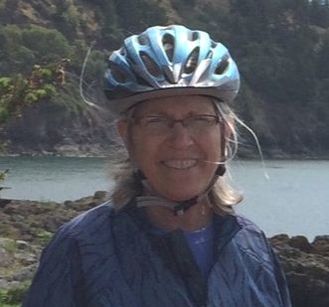
Author Hi. My name is Kathryn Elizabeth Wilson Englert. People call me Kathy. I live in Seattle, Washington with my husband and daughter, but our daughter is all grown up now and attends Whitman College in Walla Walla, Washington. We miss her. Although I live in the Pacific Northwest and absolutely love it here, my roots are in North Carolina. There are things I miss about the South (a warm ocean, the sound of cicadas, dramatic thunderstorms, BBQ and sweet iced tea, and, of course, my family) and I get to enjoy all of these when I visit each summer. But the Pacific Northwest is home to me now. Its mountains, rivers, evergreens, wild coast, progressive ideals, and people have endeared me to this place. I think I'll stay a while. I hope you enjoy my blog. In keeping with the theme of personal history, I write about the importance of story and why it matters that we capture the thoughts and memories of our loved ones. ArchivesCategories |
Capturing the Narrative of Your Life
|
Your Story Unfolded - Seattle, Washington - [email protected] - 206.391.2682
|
Copyright © 2024

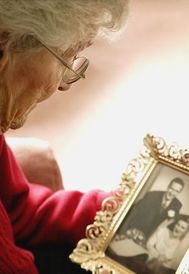
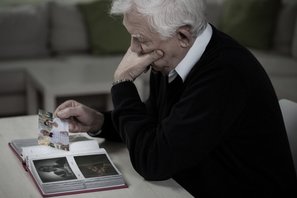




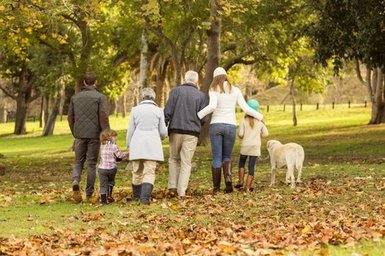

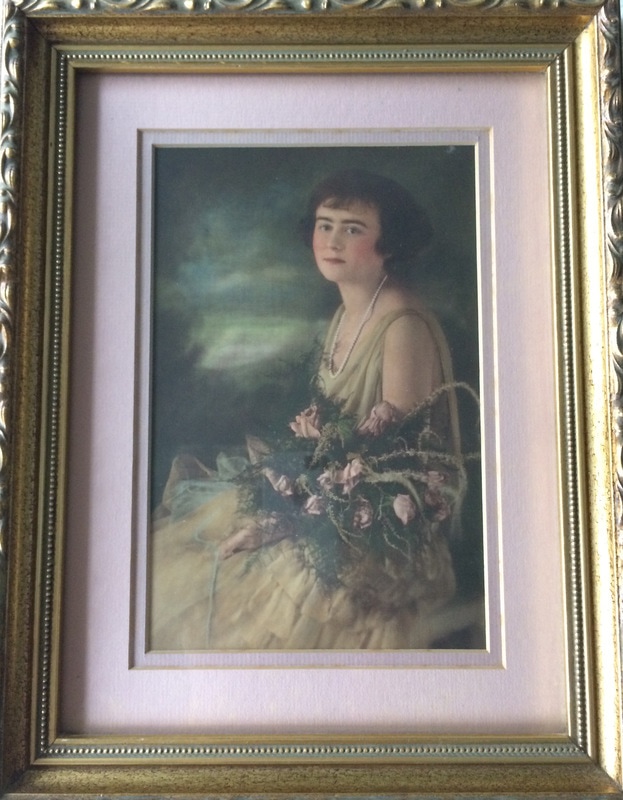
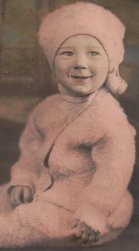
 RSS Feed
RSS Feed